Handel grew up with his two younger sisters Dorothea Sophia (1687-1718) and Johanna Christiana (1690-1709) and spent his childhood and youth in Halle. Unfortunately, both women died at an early age. He probably attended the Lutheran grammar school. The young Handel enjoyed music lessons with the best musician in Halle at the time, the organist of the Marktkirche, Friedrich Wilhelm Zachow (1663-1712). Zachow not only instructed him in the Central German cantorial tradition, but also taught him various European national styles, which Handel later united in a masterful synthesis in his compositions.
George Frideric Handel (1685 to 1759)
BackA British composer with German roots
The composer was born in Halle on 23 February 1685. He received organ lessons from Friedrich Zachow as a child. He first began to study law but soon devoted himself entirely to music and became organist at the Cathedral and Castle Church. In 1703 he received a position as violinist at the Hamburg Opera. Handel spent the years 1706 to 1710 in Italy, where he was enthusiastically received by the nobility. He studied Italian opera and was greatly inspired by it. He then spent time alternately in and in London and Hanover, where he was appointed court Kapellmeister in 1710.
In England he enjoyed such great success with his compositions that Queen Anne paid him a high annual salary. In 1727 he was granted English citizenship. Handel's oeuvre includes over 40 mostly Italian operas and numerous oratorios and instrumental works. Handel died in London on 14 April 1759.
George Frideric Handel was a pioneering composer for Great Britain and influenced musical creation on the island.
Studies at the University of Halle (1702)
In February 1702 Handel began studying at the still young but progressive university in Halle. He was employed for a year as a probationary organist at the cathedral, which was used by the Reformed as a parish church. According to his own statements, he already composed a number of works during this time, but very few of the surviving works can be attributed to this early period.
Handel's first opera "Almira" in Hamburg. (1705)
At the age of 18, Handel left his home town in 1703. He went to Hamburg, where he performed his first opera "Almira". Three years later he travelled to Italy. In January 1707, he caused a sensation in Rome with his organ playing in the Basilica of San Giovanni in Laterano. As a musician and composer he was very successful in Rome, Florence, Venice and Naples and was inundated with commissions.
In addition to the two operas Rodrigo (Florence 1707) and Agrippina (Venice 1709) and the oratorios Il Trionfo del Tempo e del Disinganno and La Resurrezione (Rome 1707 and 1708), he also wrote numerous secular solo cantatas and Latin church music in Italy.
Handel becomes Court bandmaster in Hanover (1710)
George Frideric Handel already famous and by now 25 years old, he accepted a position in Hanover. He became Kapellmeister to the Elector George Louis, later King George I of England. In Hanover, however, Handel's possibilities were limited, as there was no opera ensemble there. During an extended trip to England, Handel composed the Italian opera "Rinaldo" for the Queen's Theatre in Haymarket. This opera was premiered in 1711 and was a sensational success. In 1712, Handel travelled to London for a second time and stayed in England.
Handel director of the Royal Academy of Music (1719)
In the winter of 1718/19, the Royal Academy of Music, a joint-stock company for the performance of Italian operas, came into being. The king himself participated with a considerable annual sum. As music director of this initially very successful institution, the composer now had his hands full. He also composed festive music for the British royal family. In 1723, he officially received the title of court composer and took English citizenship in 1727. However, later successes failed to materialise and, exhausted by financial worries and overwork, Handel suffered a nervous breakdown and stroke on 13 April 1737. His right arm remained paralysed ever since.
First performance of the "Messiah" in Dublin. (1742)
The British public gradually lost interest in Italian operas. So from now on he concentrated on English-language oratorio. The biblical material was widely known at the time, and the English liked to identify with the chosen people of the Old Testament. The works were now in English and performed with impressive orchestras and choirs. During the intermissions, Handel entertained the audience with organ recitals. This was followed in 1742 by the premiere of his famous work the "Messiah". A piece with which he became immortal in the history of humanity.
Blindness in his later years (1759)
Handel's eyesight declined in the last years of his life and he became visibly blind. On 1 June 1750 he had already disposed of his estate in his will, generously benefiting his staff. In the meantime, he had acquired great wealth.
On 14 April 1759, George Frideric Handel died at his home in Brook Street and was buried at his request in Westminster Abbey.
Embedded Videos
Great Composer George Frideric Handel
The Birth of British Music
A Brief History of Handel, the Big Opera Master
Royal Choral Society: 'Hallelujah Chorus' from Handel's Messiah
Messiah HWV 56 (full concert)
Handel - Largo (from Xerxes)
Handel | Sarabande
Handel - Zadok the Priest
Georg Friedrich Händel - Solomon (HWV 67) - The Arrival of the Queen of Sheba
George Frideric Handel's - Water Music
Tochter Zion concert at Bonn Germany
G. F. Händel, Lascia Chio pianga. Soprano; Julia Lezhneva
Comments & Conclusions
Wrote more music than Bach and Beethoven combined
"Handel is the greatest composer who ever lived. I would bare my head and kneel at his grave," said another great man in the history of mankind, Ludwig van Beethoven. Handel is one of the most famous and important composers of the Baroque era. He composed more than Bach and Beethoven combined and was dedicated to the divine in music.
Handel was a Protestant Christian but easily wrote Catholic church music. During his time in Italy, he resisted all calls to abandon his Lutheran origins. His music was in fact interdenominational and therefore exceptional.
Simultaneous events, periods or persons of George Frideric Handel
| Persons/Events/Periods | Subcategory | From | To | Reason of importance |
|---|
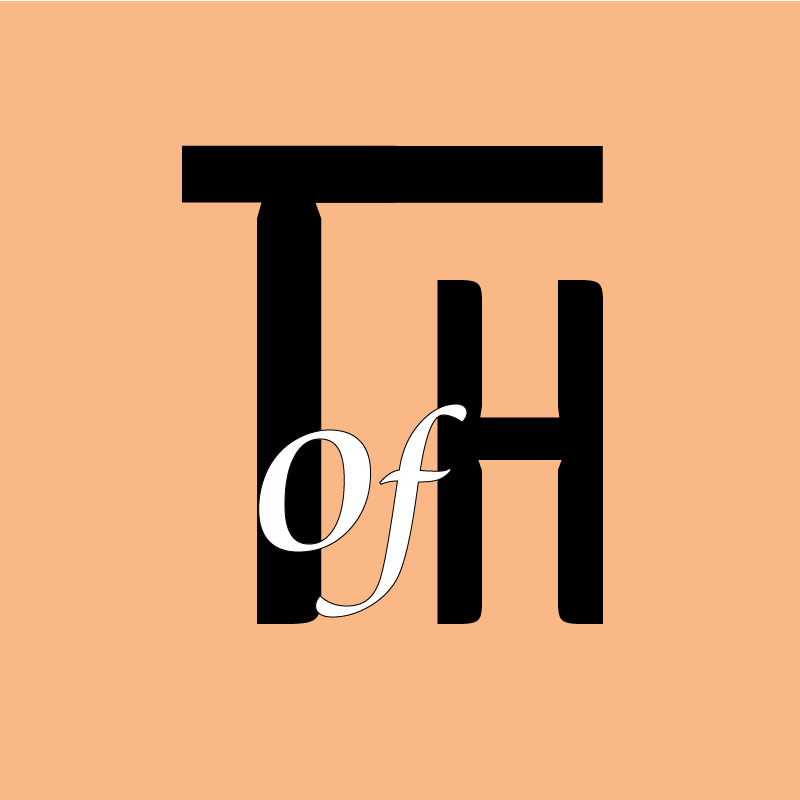
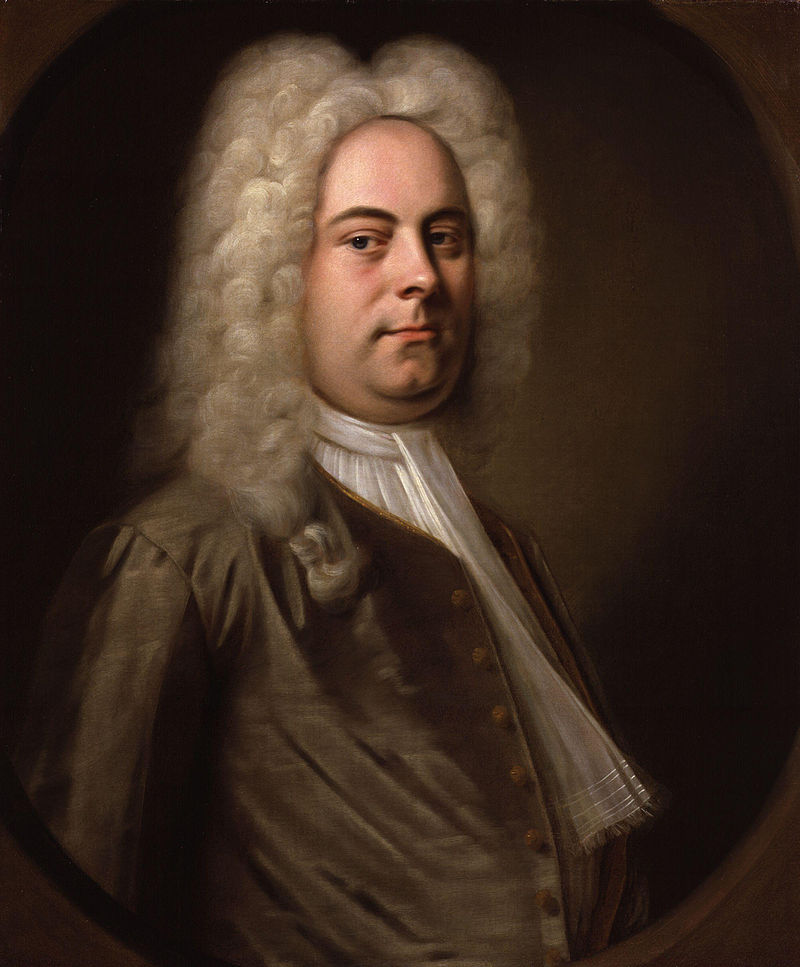

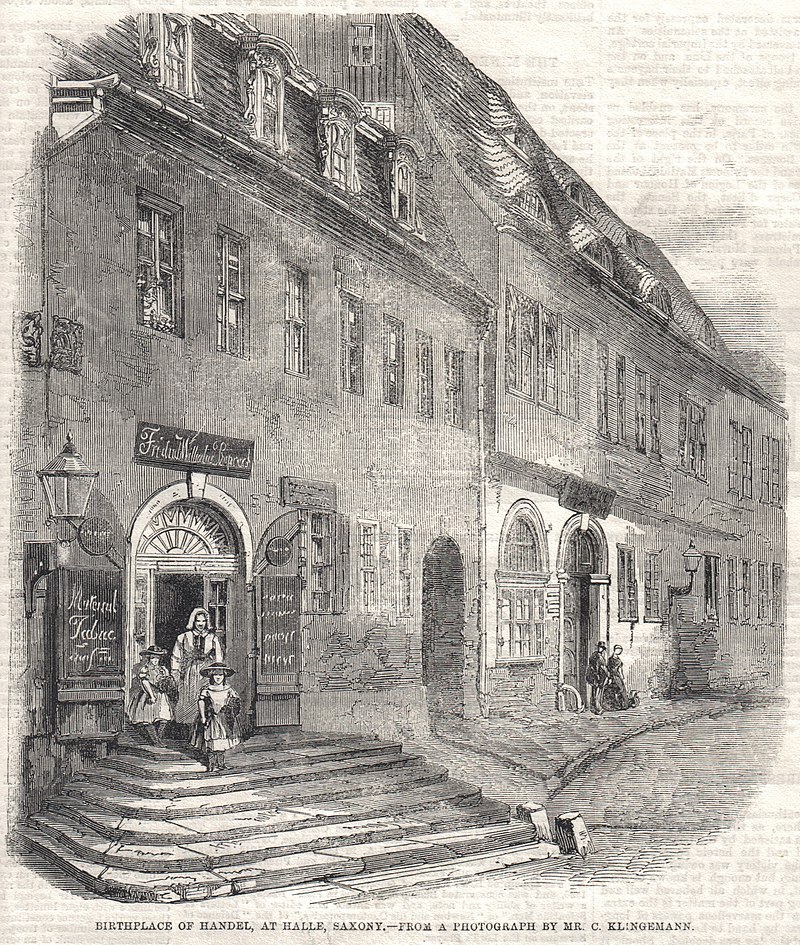

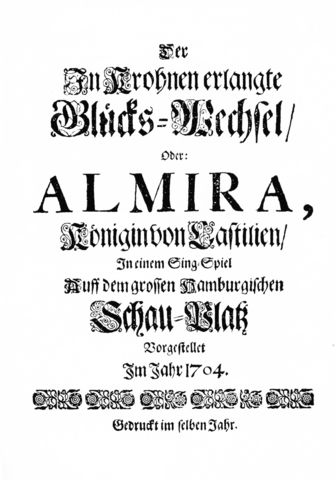
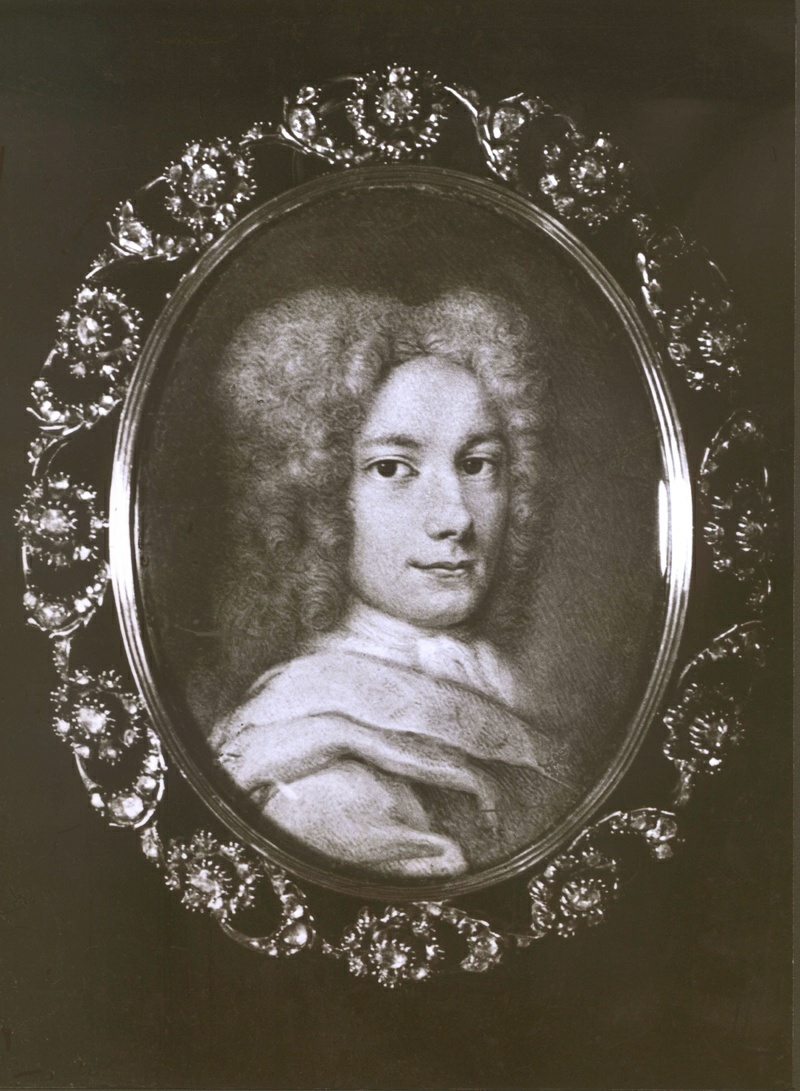
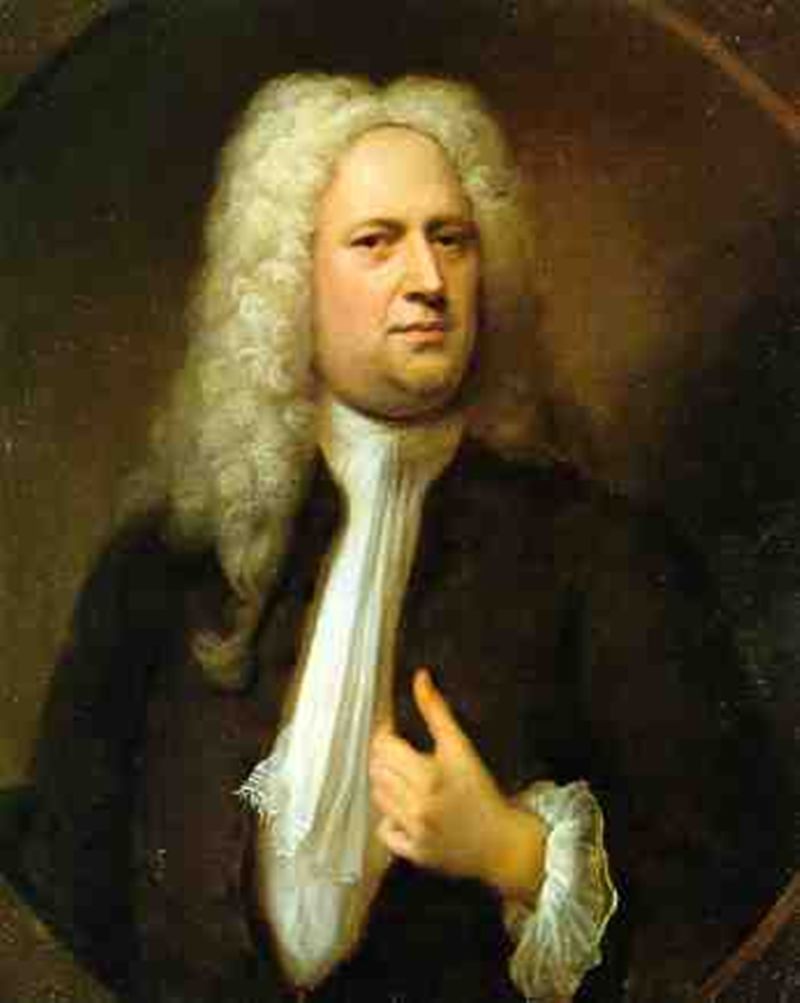
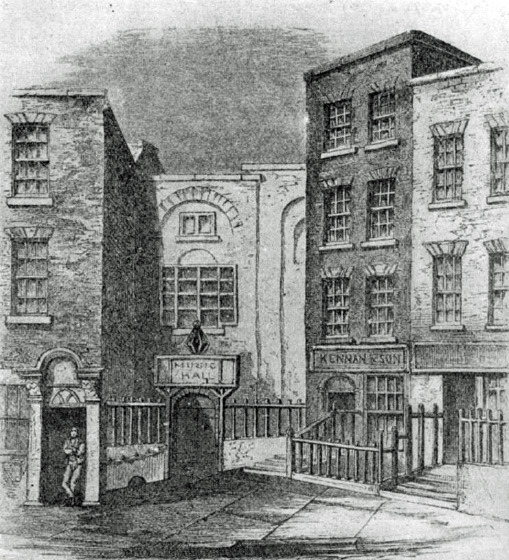
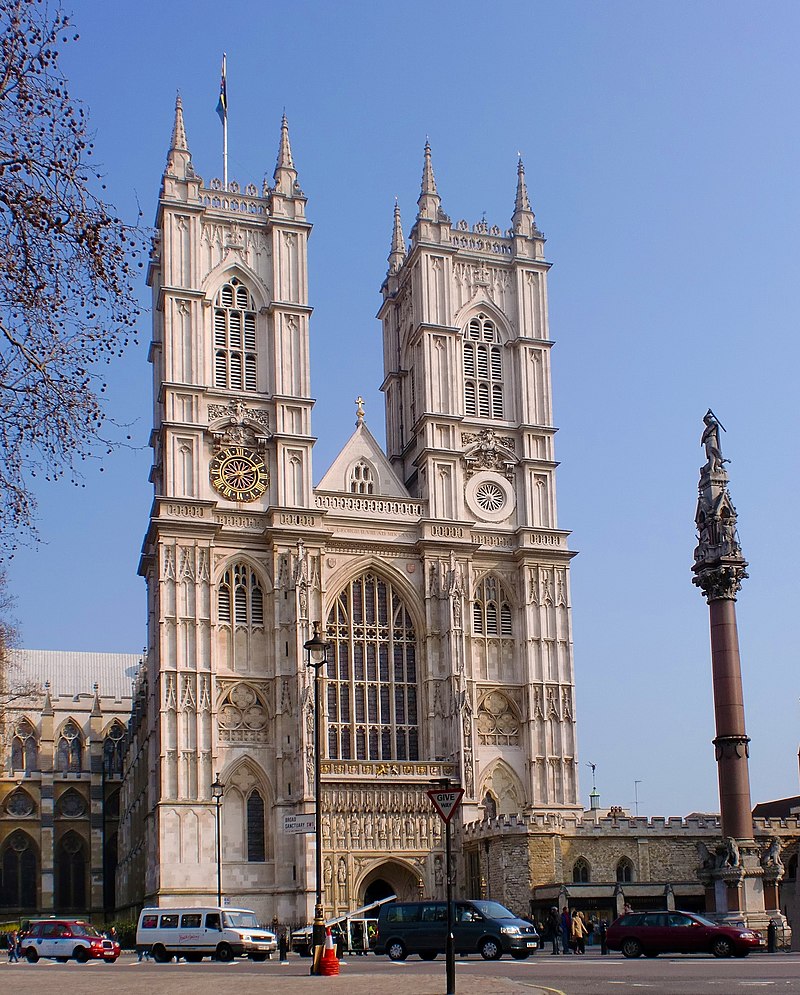

Comments
Links